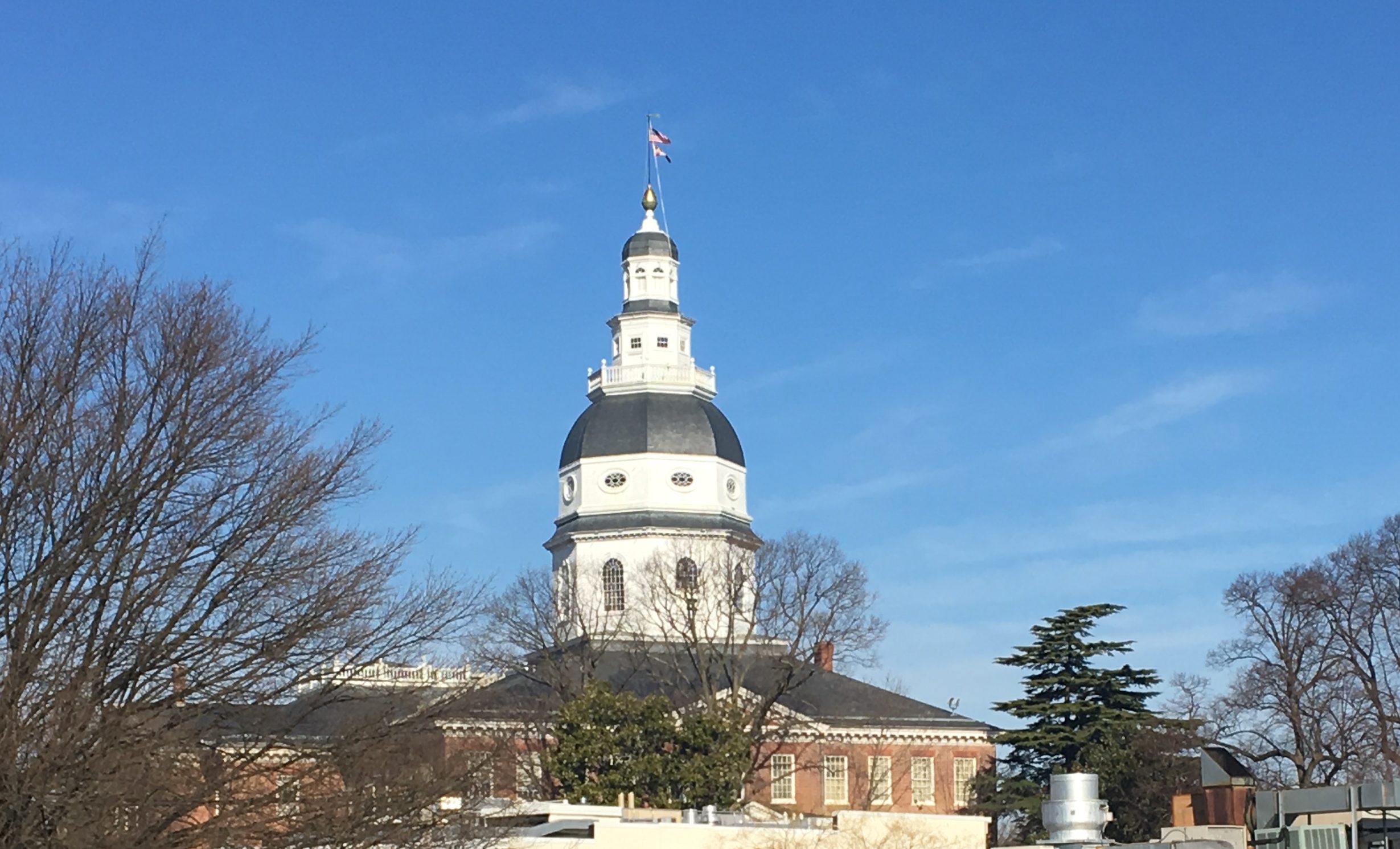Journalist fatalities are rising, a memorial is going up in their honor
WASHINGTON D.C. ⸺ When Tom Durkin was alerted in November 2012 that James Foley, a friend of more than two decades, had been kidnapped by ISIS while working as a freelance war correspondent in northwest Syria, he went to work with a group of friends to try and bring Foley home.
On Aug.19, 2014, Durkin received a text. It read, “I’m so sorry about what just happened.”
“I just knew what I was going to find out.”
Durkin flipped on his television and saw an image of his longtime friend kneeling in the sand moments before he was beheaded.
Now details for a new memorial in the nation’s capital honoring people like Foley who lost their lives while working in journalism are being shared with the public. The Fallen Journalists Memorial, planned to be completed in 2028, will be located on the National Mall near the U.S. Capitol.
At least 3,100 journalists have been killed around the world since 1837 according to a Capital News Service analysis of databases of fallen journalists maintained by the Committee to Protect Journalists (CPJ), a nonprofit that promotes press freedom and defends the rights of journalists, and the Freedom Forum, the nonprofit organization that operated the Newseum in Washington, D.C. before its closure at the end of 2019. Nearly 90% of those recorded deaths have occurred over the last 50 years.
The databases created by both organizations are a result of extensive research into each reported death and require verification before names can be added to their lists, though their parameters are different. The Freedom Forum’s database extends as far back as 1837 (and concludes in 2019), and includes names of individuals tied to newsrooms who died while in the field or otherwise as a result of their work, while CPJ’s efforts began in 1992 and includes only journalists confirmed murdered in direct reprisal for their work; in combat or crossfire; or while carrying out a dangerous assignment.
When the Newseum closed, the country lost its only memorial commemorating journalists who lost their lives as a result of their work. Journalist fatalities reached a high in 2017 with 126 recorded fatalities before falling below 50 deaths per year from 2019 through 2022, according to the CNS analysis.
“I commend people, especially young people, that still are determined to be journalists and talk truths to power and expose things because it’s becoming riskier,” said Durkin, who is now the director of safety education for the James Foley Foundation, an organization that promotes journalist safety and helps Americans who have a family member taken hostage overseas.
The Fallen Journalists Memorial Foundation was formed in the wake of the Capital Gazette massacre. In June 2018, a gunman stormed into the publication’s newsroom in Annapolis, Md. and killed four journalists and one staff member, the deadliest attack on journalists in American history. Jarrod Ramos was given multiple life sentences for the shooting in 2021.
Congress approved legislation for the memorial in 2020. In September, six years after the shooting, the first public images of the planned Fallen Journalist Memorial in Washington were unveiled. The memorial’s construction will be funded by a nonprofit organization created by former U.S. Representative David Dreier, who served as the chairman of the Tribune Publishing Company (the former owners of the Capital Gazette) from January 2019 through February 2020.
The memorial will be between the National Museum of the American Indian and the Voice of America at Independence Avenue, Maryland Avenue, and 3rd Street Southwest, putting it close to the three branches of government. Each of the memorial’s entry points leads to a circular Remembrance Hall that has the First Amendment inscribed in a glass lens.
If the foundation meets its fundraising goals on schedule, the memorial will be completed and dedicated in June 2028, the 10th anniversary of the Capital Gazette shooting.
“The memorial is dedicated not only to the journalists who lost their lives but also in the words of the legislation ‘to commemorate America’s commitment to freedom of the press,’” Barbara Cochran, the president of the Fallen Journalists Memorial Foundation, told CNS.
Iraq leads the world in journalist fatalities by nearly double the next country on the list, with 288 incidents compared to the Philippines’ 165. Ten countries– including Syria, Mexico, and Russia– make up 49% of all media-related deaths since 1975. War and civil unrest are prevalent issues among the top ten countries.
When Durkin sees reports of journalists dying in combat zones like Gaza or Ukraine, he said it reminds him of the friend he lost.
“Instances like this make me think of Jim and like the risks that he was willing to endure to cover things in Syria, to cover things in Libya, and now you’re seeing it in Gaza,” Durkin said. “It’s like it’s this really difficult Catch-22 because we need journalists to tell us what’s going on, but those journalists are increasingly putting their life at risk to tell us this.”
The risk journalists face while working in a war zone is evident in the current conflict between Israel and Hamas in the Gaza Strip. Before October 2023, just 25 journalists lost their lives in the area. As of November, that figure has risen to 156 – a more than 500% increase over a roughly 12-month period. The jump has landed Israel and the Occupied Palestinian Territory in third for media fatalities among all countries with at least one fatality reported since 1974.
“At times, it feels like there’s indiscriminate bombing that journalists are just caught in the crossfire,” Durkin said.
When the Fallen Journalists Memorial is fully erected, it will have the U.S. Capitol as a backdrop. At night, up-lit glass elements will release a glow with the dome of the Capitol visible, a choice the designers of the memorial made to pay homage to the role of journalism in democracy, the foundation said on its website.
While a list of names will exist digitally, unlike many D.C. tributes, there will not be any on the Fallen Journalists Memorial.
“Because sadly,” Cochran said, “This is an unfinished story.”

Capital News Service is a student-powered news organization run by the University of Maryland Philip Merrill College of Journalism. With bureaus in Annapolis and Washington run by professional journalists with decades of experience, they deliver news in multiple formats via partner news organizations and a destination Website.

